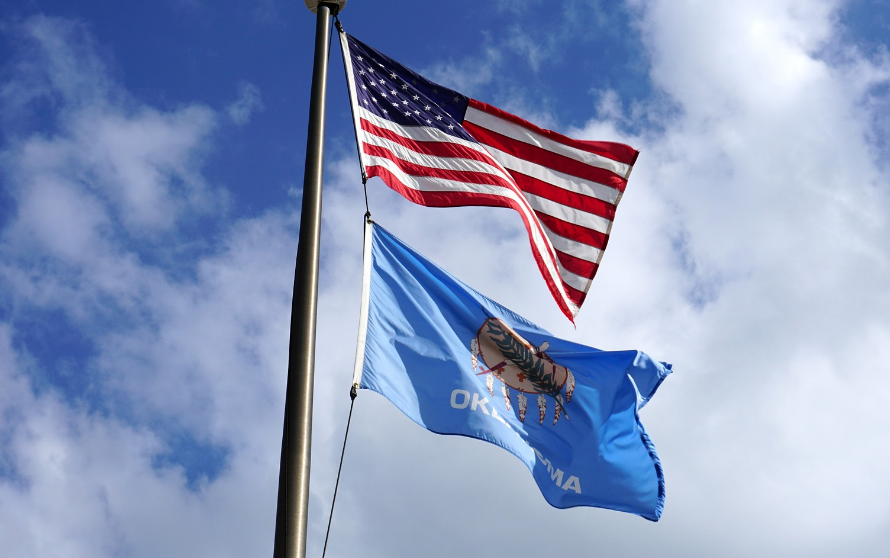Recent District Court Decision – No Miller Act Bond Claim Rights on Tribal Construction Project
A recent district court decision in Oklahoma, left one subcontractor unhappy and unpaid to the tune of $184,343.95.
Bond claims are a key risk-reducing tool for those furnishing to construction projects. Bond claims are generally available on public and federal projects, and are sometimes available on private projects.
Unfortunately for one subcontractor, the court decided a Miller Act Bond Claim was not available on a DOT construction project in Oklahoma, even though a payment bond was issued with the United States as the obligee. Why was the bond claim remedy unavailable? Because the construction didn’t qualify as a “public work of the Federal Government.”
The Case: J.A. Manning Construction Co., Inc. v. Bronze Oak, LLC and Mid-Continent Casualty Company
The United States Department of Transportation entered an agreement with the Cherokee Nation for the construction of a bridge in Mayes County, Oklahoma. Cherokee Nation hired general contractor, Bronze Oak, LLC (Bronze), who in turn hired subcontractor J.A. Manning Construction Co., Inc. (J.A.).
According to the court decision, a payment bond was issued for the project; the principal of the bond was Bronze and the obligee was the United States of America.
“The payment bond lists Bronze Oak as the principal, Mid-Continent as surety, and the United States of America as obligee. Id. at 1 (‘We, the Principal and Surety(ies), are firmly bound to the United States of America . . . in the above penal sum.’). The payment bond states that it is ’for the protection of persons supplying labor and materials‘ pursuant to the Miller Act. Id. at 2.”
Typically, if the payment bond obligee is United States of America, the project is deemed a federal project and potential claimants would follow the statutory guidelines under the Miller Act.
Property Owned by the County, Construction Decisions Made by Cherokee Nation, Payment Bond Obligee is the U.S.
Confused? Me too! With public, federal & sovereign parties all contributing to a construction project, it was up to the court to clarify jurisdiction in this case.
To determine jurisdiction, the court weighed the following: “whether the United States is a contracting party, an obligee to the bond, an initiator or ultimate operator of the project; whether the work is done on property belonging to the United States; or whether the bonds are issued under the Miller Act.”
Let’s break it down:
- The U.S. is a contracting party? No, the U.S. is not a contracting party.
- The U.S. is the obligee of the payment bond? Yes, the U.S. is identified as the obligee.
- The U.S. is the initiator/ultimate operator of the project? No, Cherokee Nation is the ultimate operator. (However, the court opinion also indicates that DOT “retained some control over the project by requiring semi-annual reports on, and occasional access to for inspections.”)
- The U.S. owns the property being improved (i.e. federal land)? No, the property is owned by Mayes County.
- The bond is issued under the Miller Act? Yes, the bond was issued under the Miller Act.
The “no’s” have it. Of course, it’s more technical than that. The heavily weighted factor, according to the court, was whether or not the U.S. is a contracting party. As mentioned above, the U.S. is not a contracting party. Here’s an excerpt from the court opinion.
“[C]onsidering the entirety of the circumstances, the federal government’s relationship to the project is not strong enough to classify the project as a ’public work of the Federal Government.’ The project was funded by the federal government through a program that gives tribes an annual lump sum to carry out transportation projects… The United States is the obligee of the payment bond, but even with federal funding of the project, this is not enough to bring the project under the Miller Act. The project is owned and maintained by the County and is not on federal land. The Nation initiated the project, and the federal government is not a contracting party. Finally, agreements among the contracting parties that federal law will apply does not transform a project that does not fall under the Miller Act into one that does. ‘Federal subject matter jurisdiction cannot be consented to or waived.’”
What’s a Claimant to do?
Based on this decision, the claimant does not have rights under the Miller Act as the Federal government has no jurisdiction. However, NCS would recommend proceeding with a non-statutory bond claim against the general contractor’s payment bond, along with pursuing the debtor (filing suit if necessary). Another option could be the filing of a UCC-1. Of course, the UCC filing would need to be done before supplying materials to your customer, so that decision would have to be made at the time of contract.
Ultimately? If you find yourself in a situation where rights are questionable, seek a legal opinion & please do so as soon as possible–don’t wait.
